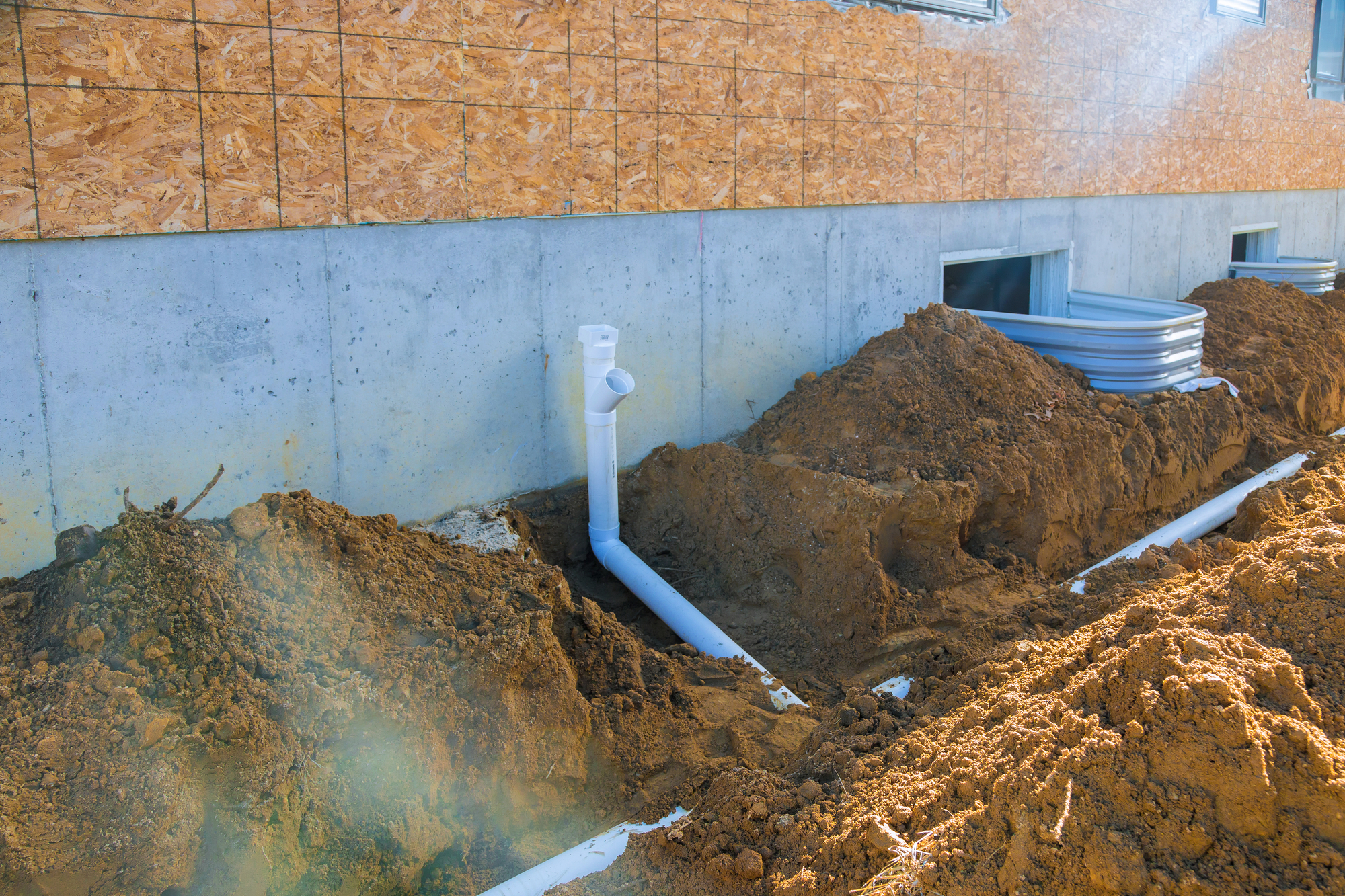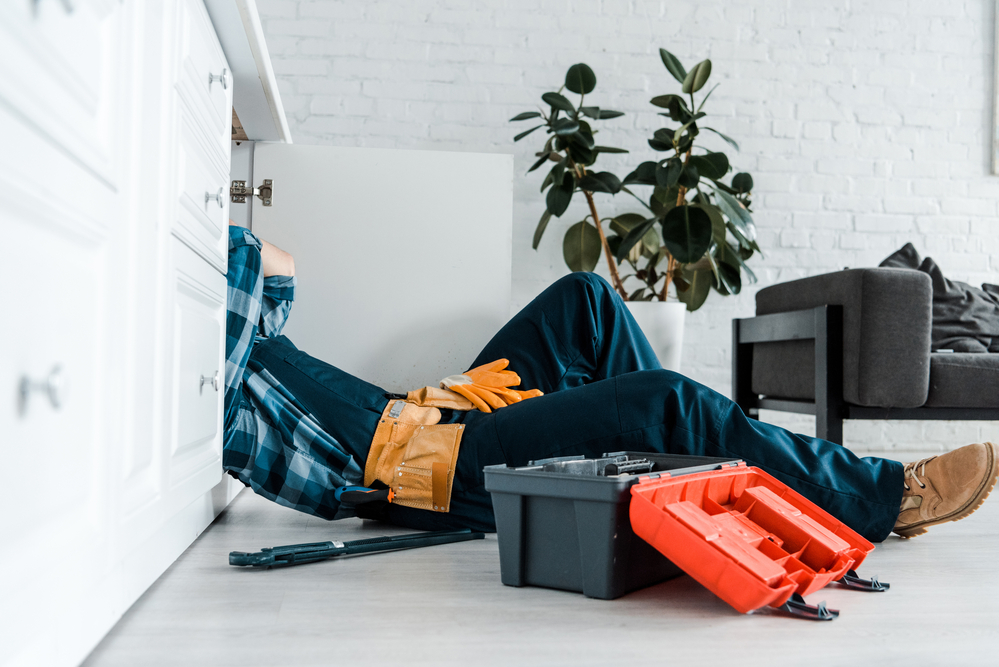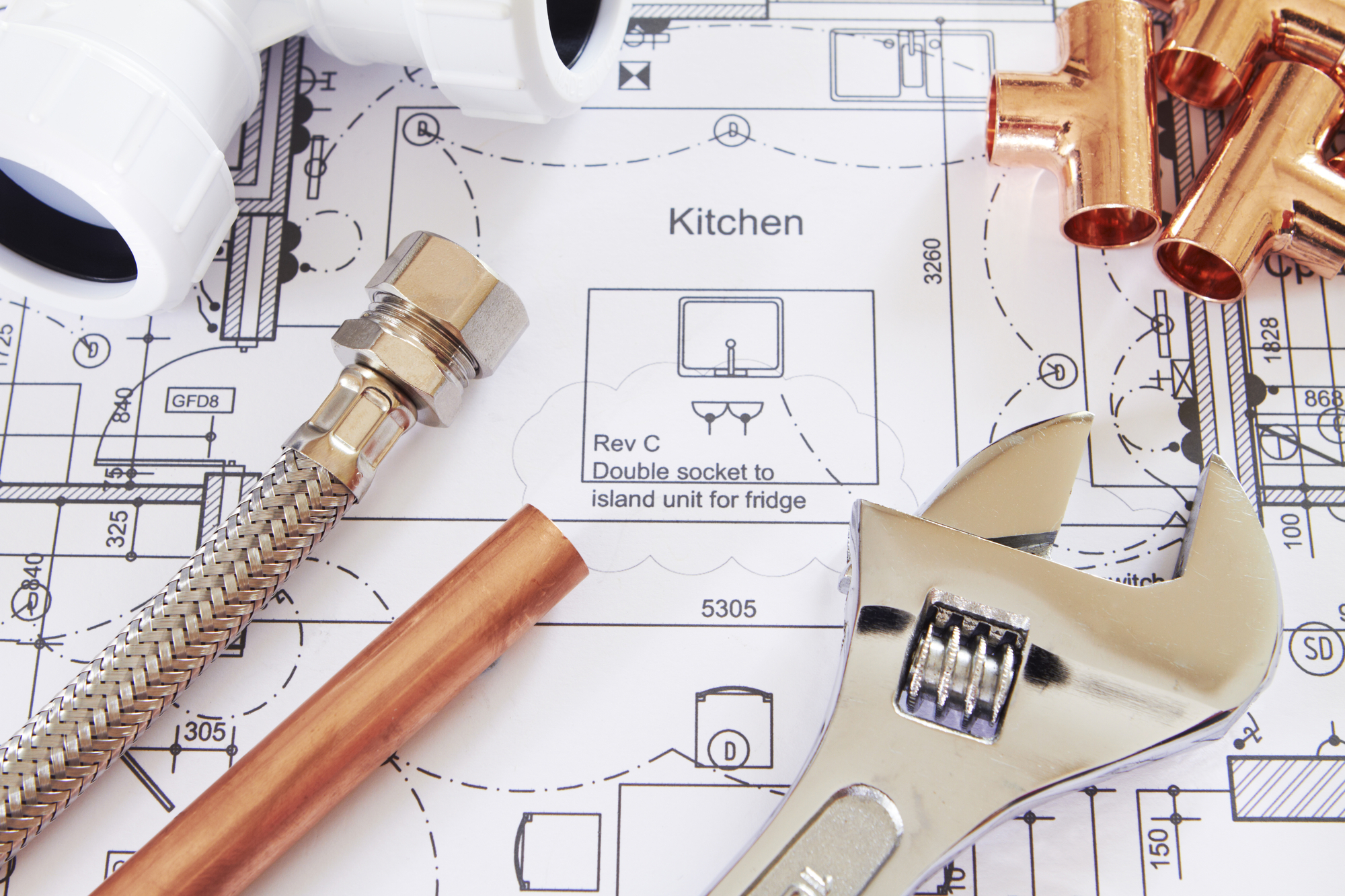As a homeowner, you are probably well aware of the importance of a sump pump in your home’s plumbing system. It is an essential tool that prevents flooding, which can cause significant and costly damage to your property. However, like any other mechanical device, sump pumps can experience problems, one of which is calcification deposits. Calcification deposits can affect the effectiveness of your sump pump and even render it useless. In this article, we will take a closer look at sump pump calcification deposits and how to deal with them.
What Are Calcification Deposits?
Calcification deposits are a buildup of calcium and other minerals found in water. These deposits can occur in any area where there is a steady flow of water, including your sump pump. Over time, they can create a hard, mineralized layer around the pump, which can lead to malfunctions.
How Do Calcification Deposits Affect Your Sump Pump?
Calcification deposits can significantly affect the performance of your sump pump. Over time, the deposits can clog the pump’s inlet and outlet pipes, reducing its water flow. Reduced water flow can cause the pump to overwork, leading to faster wear and tear. In severe cases, the pump may fail to turn on or work altogether.

How to Deal With Calcification Deposits in Your Sump Pump
To prevent calcification deposits from affecting your sump pump, it is essential to take preventive measures. You can start by having a water softening system installed in your home. A water softener will eliminate mineral deposits in your water, preventing calcification deposits over time.
Another way to prevent calcification deposits is by cleaning your sump pump regularly. You can clean your sump pump every six months by disconnecting power and removing the pump from the sump pit. Then, remove any deposits from the pump’s inlet and outlet valves. Use a wire brush to scrub the pump’s surfaces, removing any mineral buildup. After cleaning, replace the pump in its original position and test it before reconnecting power.
If the calcification deposits in your sump pump are severe, you may need professional help. A plumbing expert can help you remove mineral deposits from your sump pump and even recommend preventative measures to keep them at bay. Do not attempt to remove severe calcification deposits yourself, as they can be hazardous to your health and safety.

Conclusion
Calcification deposits in your sump pump can be an inconvenience and a potential health hazard. It is essential to take preventative measures by installing a water softening system and cleaning your sump pump regularly. If the deposits are severe, seek professional help as soon as possible. Remember, a well-maintained sump pump can keep your home safe and dry, preventing costly water damage to your property. For more information on sump pump maintenance or to schedule an appointment with a plumbing expert, visit our homepage at aceplumbingrepair.com or call us at (844) 711-1590.






